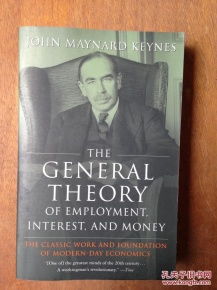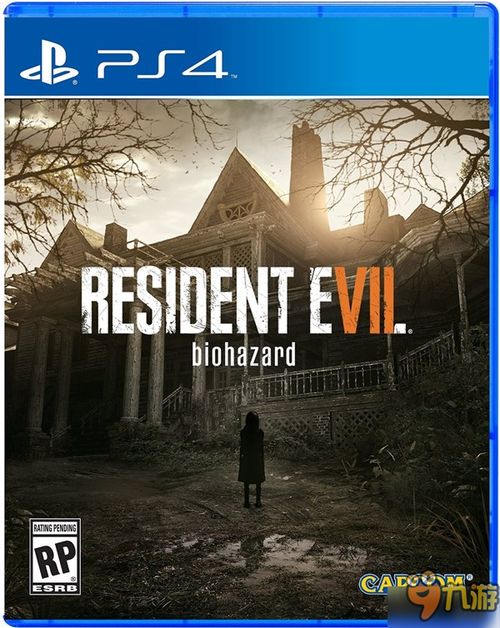Game Theory and Money: Week 11
As we delve into the eleventh week of our exploration into the fascinating world of game theory and its intersection with the realm of money, it’s essential to understand the nuances and complexities that intertwine these two concepts. Game theory, a branch of mathematics, has found its way into various fields, including economics, political science, and even psychology. Money, on the other hand, is the lifeblood of any economy, influencing decisions, transactions, and interactions. This week, we’ll explore the intricate relationship between game theory and money, examining various aspects and their implications.
Understanding Game Theory

Before we dive into the specifics of game theory and money, it’s crucial to have a basic understanding of what game theory entails. At its core, game theory is the study of strategic interactions between rational decision-makers. These decision-makers, often referred to as players, make choices based on their expectations of the outcomes and the strategies of other players. The primary goal of game theory is to predict the behavior of players and determine the optimal strategies for achieving desired outcomes.
Game theory can be categorized into two main types: cooperative and non-cooperative games. In cooperative games, players collaborate and work together to achieve a common goal, while in non-cooperative games, players compete against each other to maximize their individual gains. Understanding the differences between these two types is essential in analyzing the dynamics of game theory and money.
The Intersection of Game Theory and Money

The intersection of game theory and money is a fertile ground for analysis, as both concepts are deeply intertwined in the world of economics. Here are some key aspects to consider:
Strategic Decision-Making
One of the most significant connections between game theory and money is the concept of strategic decision-making. In the context of economics, players (such as businesses, consumers, and policymakers) make decisions based on their expectations of the outcomes and the strategies of other players. For example, a company may decide to invest in a new product based on its belief that the market will respond positively, influenced by the strategies of its competitors.
Market Dynamics
Game theory can be used to analyze market dynamics, such as price competition, product differentiation, and entry barriers. By understanding the strategic interactions between players, economists can predict market outcomes and identify potential inefficiencies. For instance, game theory can help explain why some markets are characterized by intense price competition, while others are dominated by a few large players.
Public Policy
Game theory also plays a crucial role in the development of public policy. Policymakers use game theory to analyze the strategic interactions between different stakeholders and determine the best course of action. For example, game theory can be used to analyze the behavior of firms in response to environmental regulations or to predict the outcomes of antitrust investigations.
Behavioral Economics
In recent years, behavioral economics has gained prominence, combining insights from psychology and economics. Game theory has been instrumental in understanding the behavior of individuals and groups in economic settings. By studying the psychological underpinnings of decision-making, behavioral economics can provide valuable insights into the relationship between game theory and money.
Real-World Examples

Understanding the relationship between game theory and money is not just an academic exercise; it has real-world implications. Here are a few examples:
| Example | Description |
|---|---|
| Price Wars | Competing companies may engage in price wars, lowering prices to gain market share. Game theory can help predict the outcomes of such wars and determine the optimal pricing strategies. |
| Antitrust Investigations | Game theory can be used to analyze the strategic interactions between firms under investigation by antitrust authorities, helping to determine the likelihood of antitrust violations. |
| Environmental Regulations | Game theory can be used to analyze the behavior of firms in response to environmental regulations, predicting the potential outcomes and identifying the most effective policy measures. |
These examples illustrate the practical applications of game theory and money in various real-world scenarios. By understanding the strategic interactions between players and the dynamics of the market, individuals and organizations can make more informed decisions and achieve better outcomes.
Conclusion
As we conclude our exploration of game theory and money in week 11, it’s clear that the relationship
